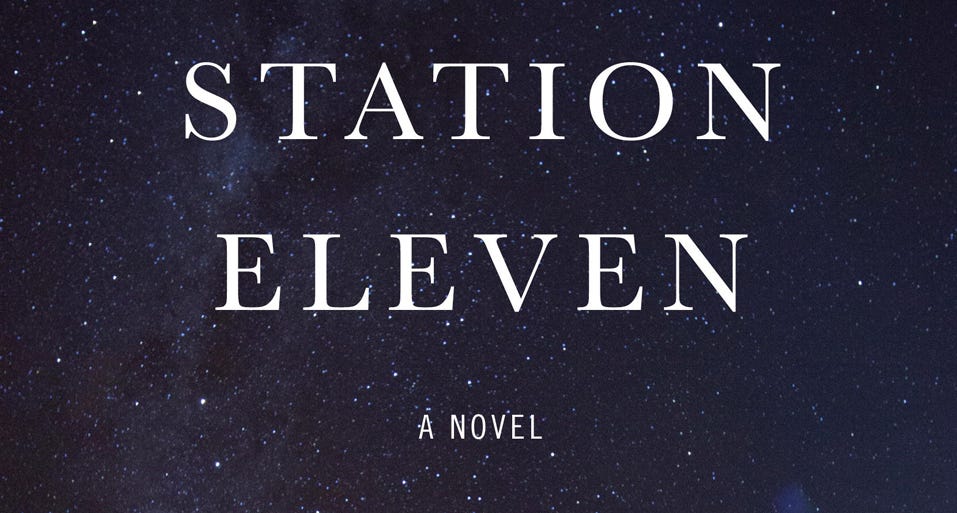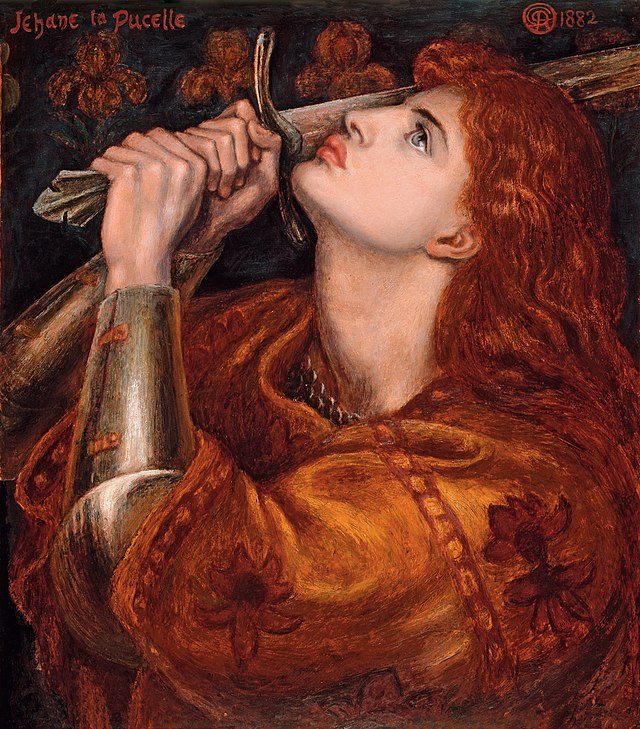Books & Culture
REVIEW: Station Eleven by Emily St. John Mandel

by Kurt Baumeister

You wouldn’t think we’d find the apocalypse so compelling. If it comes — when it comes — the end won’t be pretty. In fact, it will almost certainly be grizzly. Still, we love to think about it, to watch films about it, and read novels about it. Some people might call this humanity’s death wish. To me, it seems like the opposite, ironic as that is.
Our obsession with the end runs hand-in-hand with our desire to understand ourselves and our origins, a belief that if we know what’s coming we’ll be able to stop it. In this way apocalyptic literature has the ring of prophecy or fleshed-out fortune-telling — part of its seductiveness the idea that there are secrets hidden within. But there’s another level to apocalyptic literature, the best of it at least. Here, I’d include Emily St. John Mandel’s latest, Station Eleven, along with Cormac McCarthy’s The Road. Ultimately, these books fulfill Milan Kundera’s lofty goal for the novel (from The Book of Laughter and Forgetting):
“The stupidity of people comes from having an answer for everything. The wisdom of the novel comes from having a question for everything… In a world built on sacrosanct certainties the novel is dead. The totalitarian world, whether founded on Marx, Islam, or anything else, is a world of answers rather than questions. There, the novel has no place.”
Station Eleven is a rare piece of work, one that succeeds dramatically and linguistically, philosophically and thematically. In this, it shares something with one of its great and obvious obsessions, the life and work of William Shakespeare. That’s not to raise Mandel’s art to the level of Shakespeare’s — a comparison the author herself would no doubt shy from — but to say that Station Eleven is a book of its time in much the way Shakespeare’s work was of his, one well deserving of its status as a National Book Award finalist.
The world of Station Eleven is stark and blighted, most of the novel set in the aftermath of the Georgia Flu, a pandemic that has killed almost 100% of the world’s population. Humanity’s remnant clings to the basics of existence, the skeleton of a civilization at once deluded and grand, foolish and hopeful, arrogant and doomed. That civilization is, of course, our own.
With antibiotics, electricity, the Internet, and countless other, modern conveniences stripped away humanity’s survivors don’t so much try to rebuild society as subsist in the shadow of what once was. They live as hunter-gatherers and scavengers, marauders and zealots, such technology as remains both blessing and curse, fodder for children’s stories but also for feelings of despair, a pall of grief fallen across a stricken world. Station Eleven becomes a poetic lament for the scientific magic that has been lost, “These taken for granted miracles that had persisted all around them.”
From the opening chapter, in which famed actor, Arthur Leander, dies during a performance of King Lear, to its dramatic focus on the Traveling Symphony, a troupe of gun-toting, knife-wielding players that roam the pandemic-ravaged, post-apocalyptic world performing classical music and Shakespeare (their motto, Because Survival is Insufficient), to the story of Station Eleven itself (a fictional space station that serves as locus for the novel’s meta-fictional book within a book) Mandel’s novel centers on the struggle between existence and transcendence, a conflict that rests at the heart of the human experience.
This struggle takes multiple forms, the differences between existence and transcendence not always so easy to see. Just as in our world, many are led astray by religion even after “the apocalypse,” none more than the prophet and his followers, their holy books the New Testament (and, of course, the Book of Revelation), but also the graphic novel, “Station Eleven.”
Yes, somehow “Station Eleven” has found its way into the prophet’s hands but also into the hands of Kirsten Raymonde, a member of the Traveling Symphony. A child actress who was performing with Arthur Leander the night he died, Kirsten received her copy from him, as ultimately did the prophet. Over the course of the novel these two characters and their two radically different interpretations of Station Eleven draw ever closer, building towards a final life and death confrontation that comes to feel epic in scope.
Station Eleven is one of the finest novels I’ve read in some time, a book that succeeds sentence to sentence, scene to scene, and as a piece of philosophical art. In spite of its obsession with Shakespeare’s life and work, this book doesn’t set out to court greatness. But with the restrained brilliance of its prose, the humility of its attention to story and dramatic construction, and its unwillingness to give us easy answers it may have achieved that greatness all the same.

by Emily St. John Mandel










